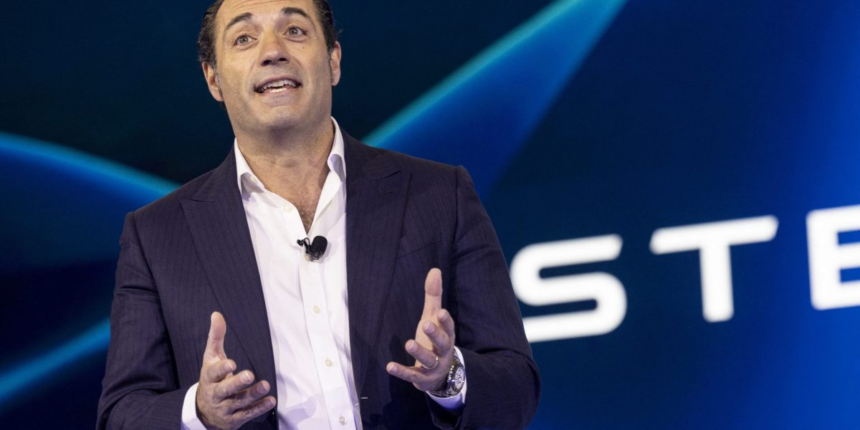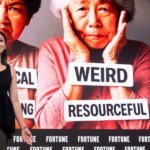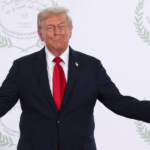New Chief Executive Officer Antonio Filosa is responding to changes in the auto market as well as the company’s missteps. President Donald Trump’s trade moves are raising expenses and shaking up global supply chains, while Chinese manufacturers led by BYD Co. are pushing into Europe’s stagnant car market.
Stellantis’ issues are gravest in the former profit center North America, where its shipments fell 25% in the second quarter. The tariff impact adds additional costs and weighs on operating and net income. Duties raise parts prices and Stellantis lost output in the first half after temporarily stopping production in Canada and Mexico.
Stellantis shares declined as much as 4.1% in Milan. The stock is down around 37% this year.
Revenue declined in the six months through June over the same period last year after deliveries fell in Europe, North America as well as the Middle East and Africa. They rose in South America, driven by increased demand in Argentina. The company said it’s seeing improvements in volumes, revenue and operating income compared with the second half of 2024, partly due to new products such as the Fiat Grande Panda.
Filosa also is under pressure to address excess capacity in Europe and improve some of the group’s struggling brands. They include luxury-car maker Maserati, which recorded a -38% margin in the first half after shipments slumped.
“In flat markets, the more share Stellantis loses, the more it needs to shrink its cost base, but the rhetoric from management suggests the cuts of the past went too deep,” HSBC analysts including Michael Tyndall wrote in a recent note. “For investors (and us), this presents something of a conundrum.”
The company is betting that new models including a hybrid Jeep Cherokee and the combustion-engine Dodge Charger Sixpack will help improve sales.
Stellantis recorded a roughly €300 million hit from US tariffs in the first half as it lost production and responded to higher duties. Chief Financial Officer Doug Ostermann had flagged to investors earlier this month that the impact of the levies will likely be “significantly” bigger in the second half. The new CEO is due to speak to analysts later today.









